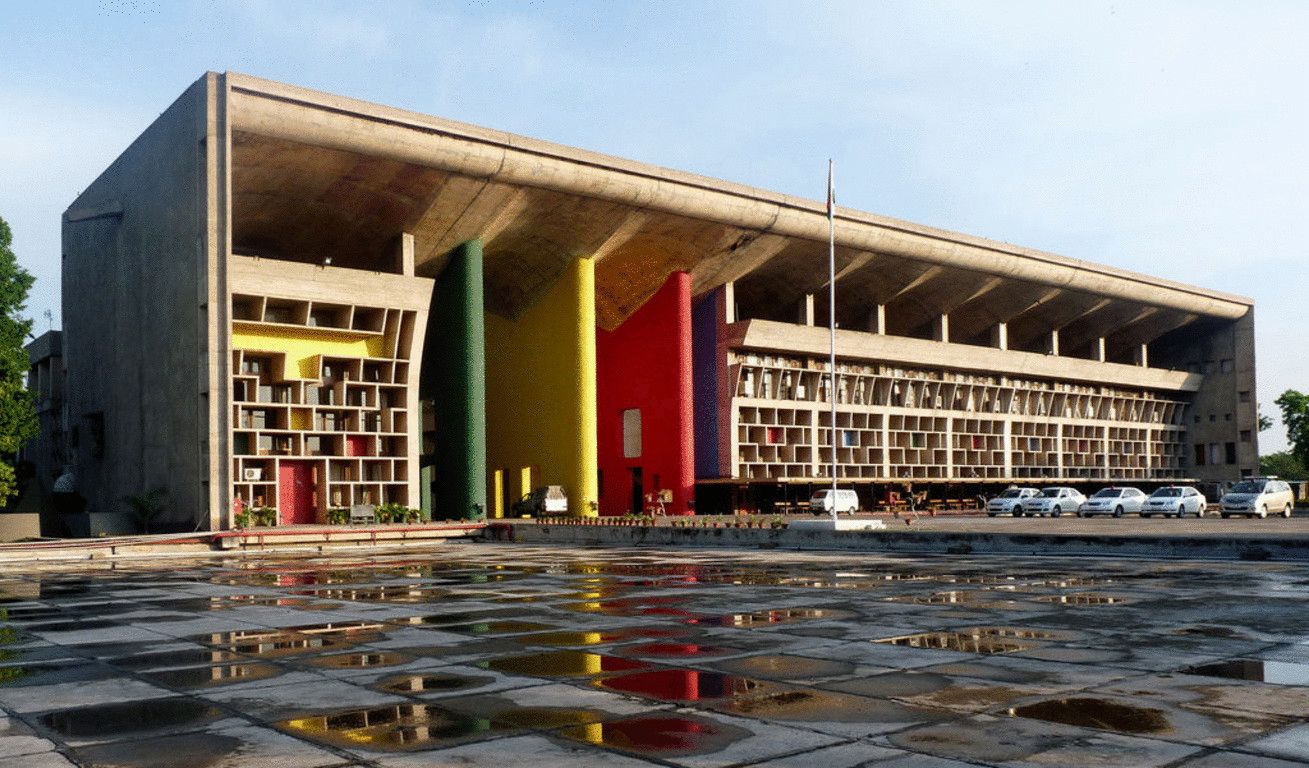Punjab & Haryana High Court Allows Late Filing of Invoices in Recovery Suit, Reiterates Procedural Rules Are Handmaids of Justice

Case Name: Bridgestone India Pvt. Ltd. v. M/s. Brar Motors and Another
Date of Judgment: January 5, 2015
Citation: CR No. 6490 of 2014
Bench: Hon’ble Mr. Justice G.S. Sandhawalia
Held: The Punjab & Haryana High Court set aside the trial court’s order rejecting an application under Order 7 Rule 14 CPC and allowed the plaintiff-company to place on record additional documents, including invoices, holding that procedural rules exist to advance justice and not to defeat it. Justice G.S. Sandhawalia ruled that where relevant documents are essential for adjudication of the dispute, the court should permit their production even at a later stage, subject to costs, as long as no serious prejudice is caused to the other side. The Court emphasized that Order 7 Rule 14(3) CPC empowers courts to accept such documents with leave, reinforcing that technicalities should not override substantive justice.
Summary: The petitioner, Bridgestone India Pvt. Ltd., filed a revision petition challenging the order dated August 23, 2014, by which the Civil Judge (Junior Division), Chandigarh, dismissed its application under Order 7 Rule 14 CPC for producing additional documents. The company had instituted a recovery suit on October 20, 2009, seeking ₹1,97,458.85 with interest against M/s. Brar Motors for non-payment of goods supplied on credit. The petitioner stated that due to inadvertence by previous counsel, material documents such as invoices and authorization papers were not attached with the plaint. After substitution of its authorized representative, the petitioner sought to place these documents on record, asserting they were crucial to prove supply and non-payment. The trial court dismissed the application on the ground that the documents were not annexed and the case had reached the evidence stage.
Justice Sandhawalia observed that the trial court’s reasoning was overly technical. Citing the principle that “procedure is the handmaid of justice and not its mistress,” the Court held that under Order 7 Rule 14(3), documents may be received at the hearing with the court’s leave if required for a just decision. The Court found that the documents in question i.e. certificate of incorporation, board resolution, power of attorney, eight invoices, and correspondence letters dated May 7 and December 8, 2008 were material to determining the claim. Referring to Satnam Singh Sharma v. Tarloki Nath Kalia (AIR 1974 Punjab 287) and Kapil Kumar Sharma v. Lalit Kumar Sharma (2013 14 SCC 612), the Court noted that additional documents can be permitted even during cross-examination if necessary for the fair disposal of the case.
Decision: Allowing the revision, the High Court permitted the plaintiff to place on record the listed documents along with the plaint, subject to payment of ₹20,000 as costs to the defendant. The Court held that such permission was essential to ensure the dispute was adjudicated on merits rather than dismissed on procedural grounds.